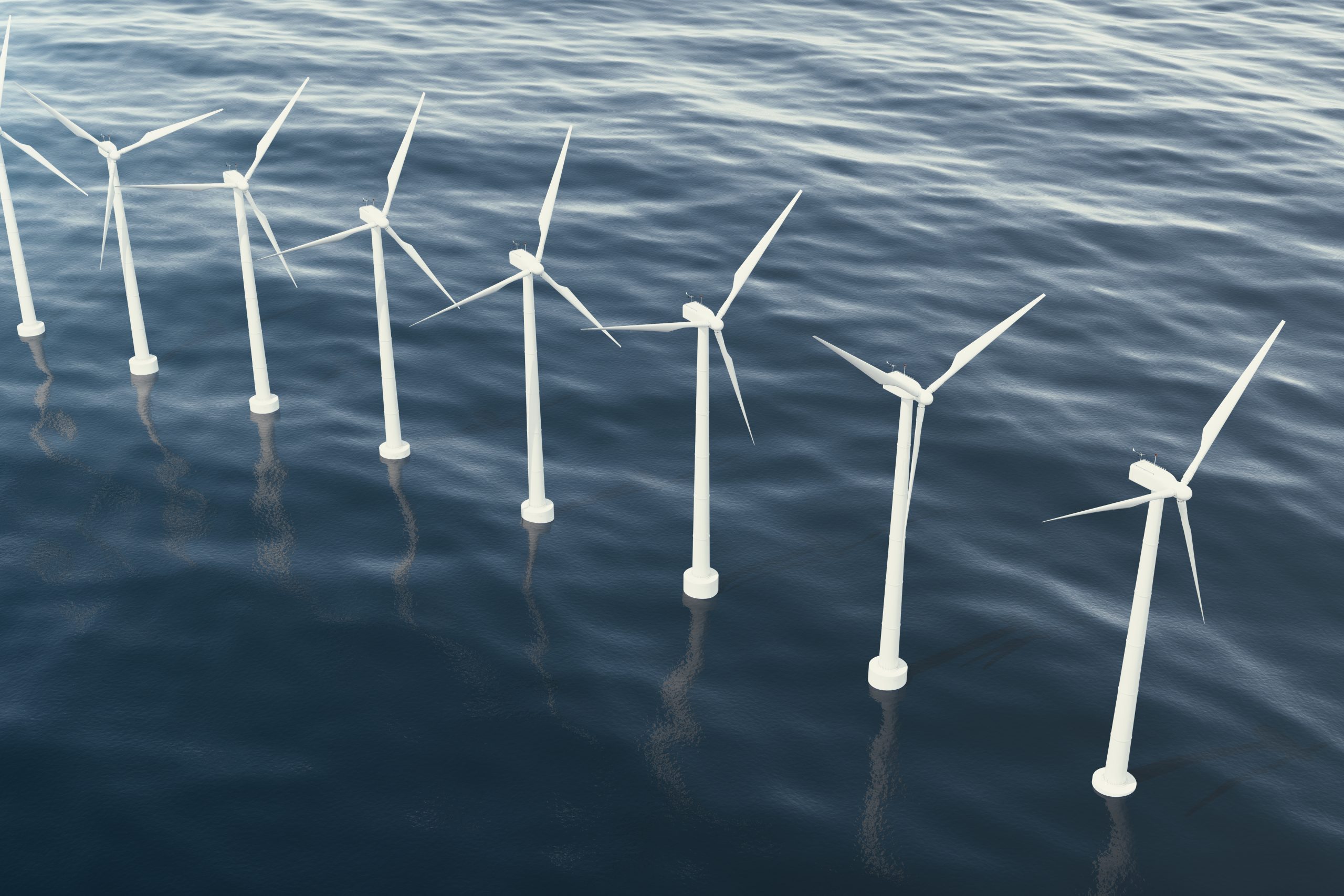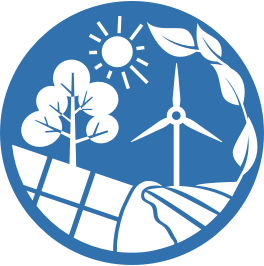About
The Challenge
Three-quarters of the greenhouse-gas emissions causing climate change to derive from fossil fuel extraction and combustion. Climate-related damage is already evident in its effects on ecosystems, water and food security, health, human security, and economic growth. To limit further catastrophic climate change, countries around the world have set the now familiar goal of not exceeding 2 degrees Celsius warming (ideally, 1.5 degrees C). To achieve this goal, the United States made a commitment to reduce greenhouse gas emissions by 80% by 2050. We will need to address greenhouse emissions through a combination of behavioral changes, energy efficiency, switching to cleaner fuels, and making profound changes to our energy infrastructure by expanding and modernizing the power grid while retiring half of the United States’ existing power plants and transitioning to a low-carbon energy system. Climate change is already happening, and communities must find ways to adapt in the short term and build resilience in the long term to rising temperatures, sea level rise, droughts, floods, the spread of pests and vector-carrying diseases, fresh water supply stress, and more. Tufts is determined to CREATE solutions for mitigation, adaptation, resilience in a way that leads to enduring, equitable, sustainable prosperity.

Solution and Innovation
To make the large-scale changes needed to address global climate change, CREATE Solutions is exploring collaborations across traditional disciplinary boundaries. These include programs that bridge students across schools at all levels and build on Tufts’ strong research programs in the policy, agriculture, biology, engineering, and economics arenas, including projects on offshore wind energy, grid integration, sustainable food systems, agriculture, and domestic and international climate policy.

Why Tufts?
Tufts University already has considerable strengths in research surrounding climate change, and the group has created an infrastructure to engage and strengthen the research community across Tufts. To lead these efforts, CREATE Solutions is building new leadership capacity through a Faculty Research leadership team, a Research-to-Practice leadership team, and a Leadership-in-Development team to ensure sustainability of these efforts long into the future.

The group is focused on strengthening existing centers of excellence, including the internationally-recognized Climate Policy Lab in the Center for International Environment and Resource Policy at The Fletcher School, the Tufts Offshore Wind Energy Engineering program, the renewable energy and materials faculty cluster in the School of Engineering, and the degree program at the Friedman School in Agriculture, Food, and the Environment. Many opportunities exist to vault Tufts into a leadership position in research on achieving deep decarbonization, promoting sustainable growth, and providing education on climate, renewable energy, agriculture, technology, and ecology.
